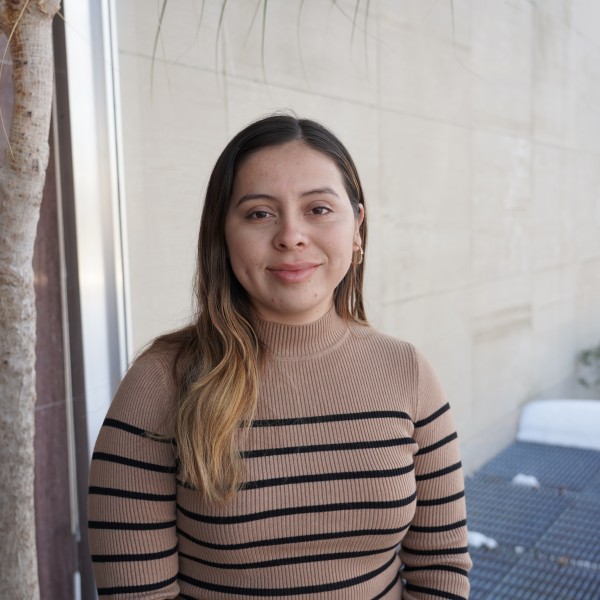Academic focus:
Food security, environmental sustainability and climate change.
Research summary:
My research examines judgment and decision making related to agricultural sustainability, environmental change and food security. Drawing on the disciplines of behavioral economics, environmental psychology and environmental science, I use a combination of household surveys, field experiments with decision-makers, and spatial analysis to glean theoretical and practical insight to pressing issues around climate adaptation. My current projects help us to understand how decision makers across the globe, particularly African farmers who are most vulnerable to climate change, can better adapt.
What do you like to do when you’re not working?
These days I mostly wrangle my two young boys. When I am not doing that, I like to work with my hands. I enjoy woodworking and fixing things. I always seem to have a side job rehabbing old houses.
What are your current outreach/extension projects?
I am working on a project building decision support tools with Zambian farmers to match new maize seed varieties with individual farm locations based on weather and climate trends.
What (specifically) brought you to Cornell CALS?
Throughout my academic training I spent time at a few different institutions, and Cornell was my favorite. I did my M.S. at Cornell and missed the small and genuinely interdisciplinary environment around agricultural development that exists here.
What do you think is important for people to understand about your field?
The name of the department is a little mysterious, but everyone is working on important and cutting-edge topics in development and thinks deeply about applied research and how to make an impact, particularly in underserved places.
Why did you feel inspired to pursue a career in this field?
I grew up on a small farm and worked on neighboring farms, so agriculture was an early interest of mine. Once I had a chance to study abroad and serve in the Peace Corps, I had my career path pretty laid out for me. Collecting data with Afghan farmers while in graduate school at Cornell cemented my interest in being a researcher.
What’s the most surprising/interesting thing you’ve discovered about Cornell and/or Ithaca so far?
I lived in Ithaca for two years over a decade ago, and it seems to have totally changed since I was here last. There are always exciting things to do and new swimming holes to discover.
If you had unlimited grant funding, what major problem in your field would you want to solve?
Much of the research around climate adaptation and agricultural decision making is premised on people making optimal or ideal decisions, but we know that is not how people actually make decisions. I study the ways in which our decisions deviate from the optimal and how that is a barrier for solving critical problems like climate adaptation and food security in arid regions of the world.





